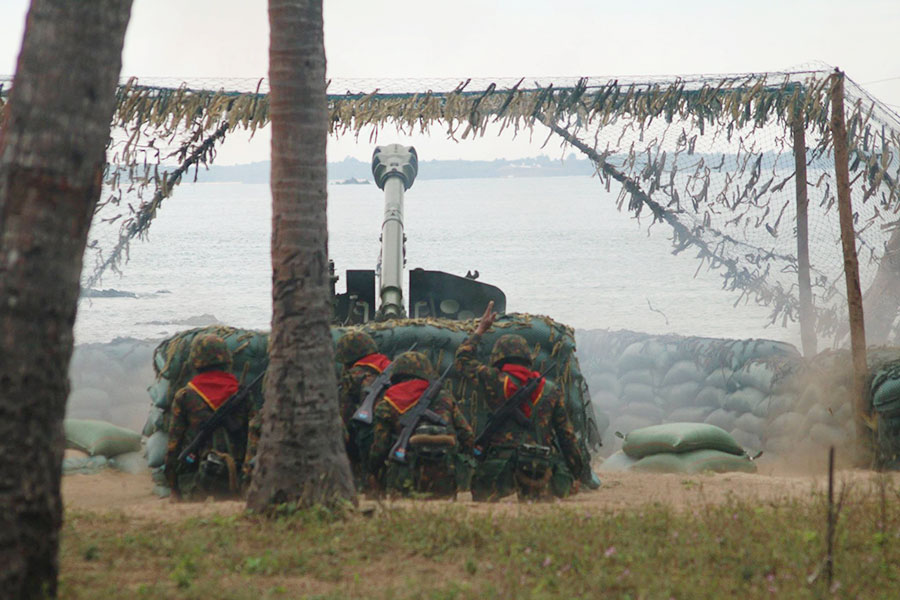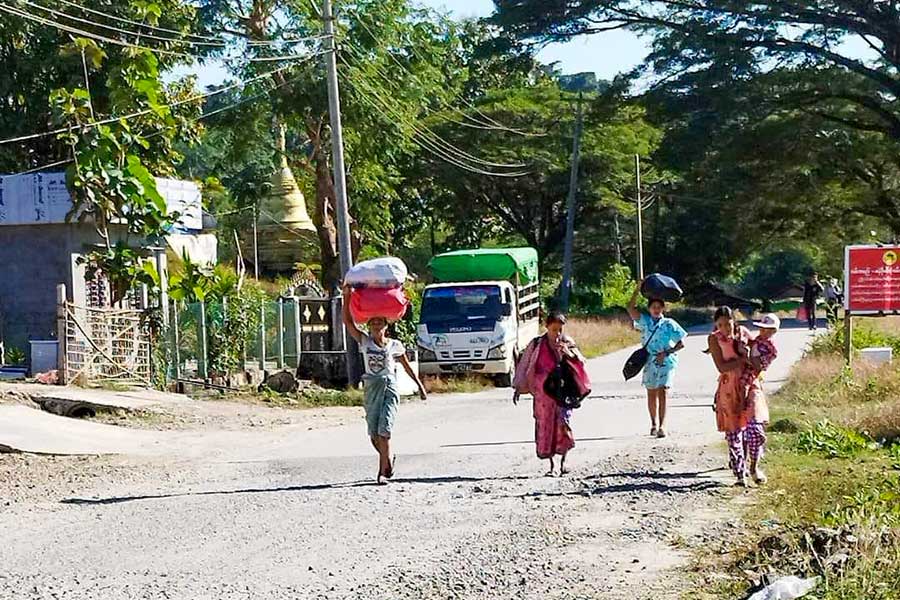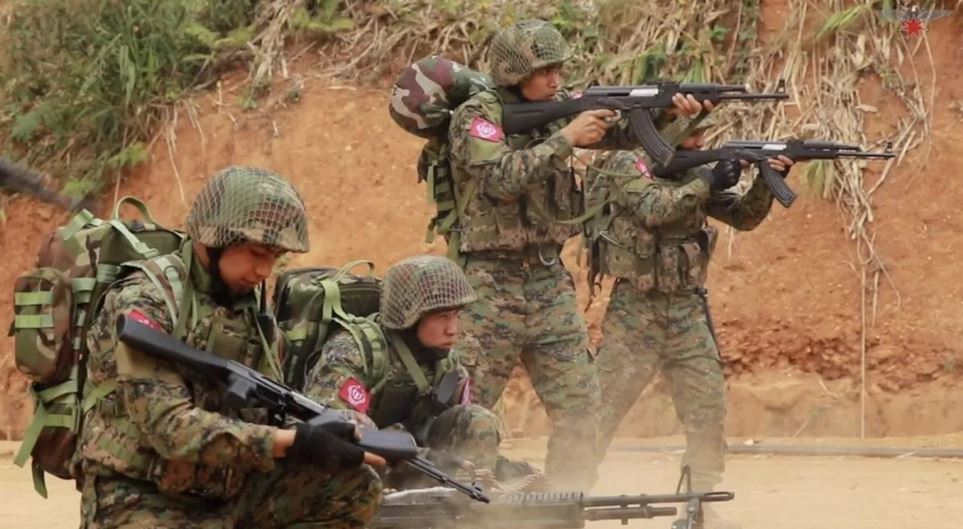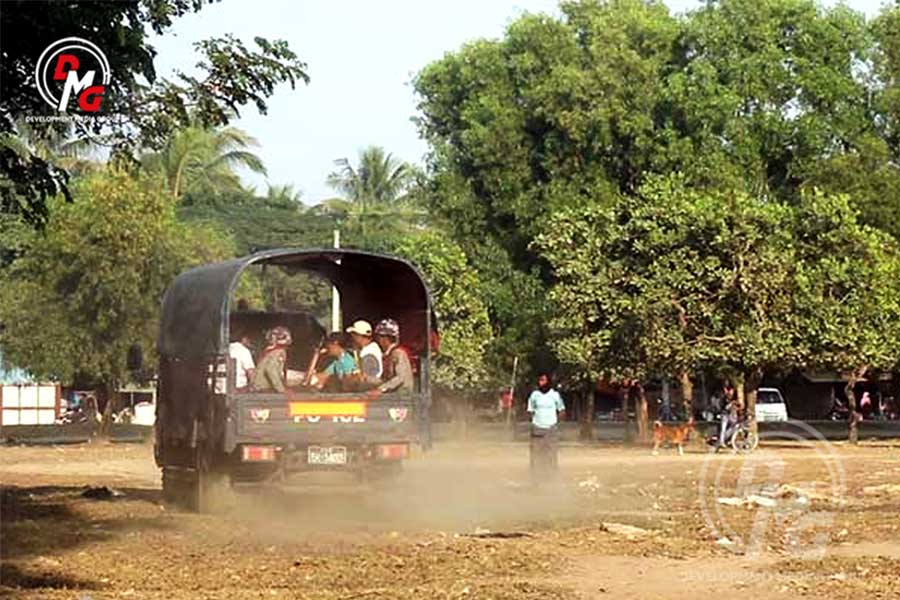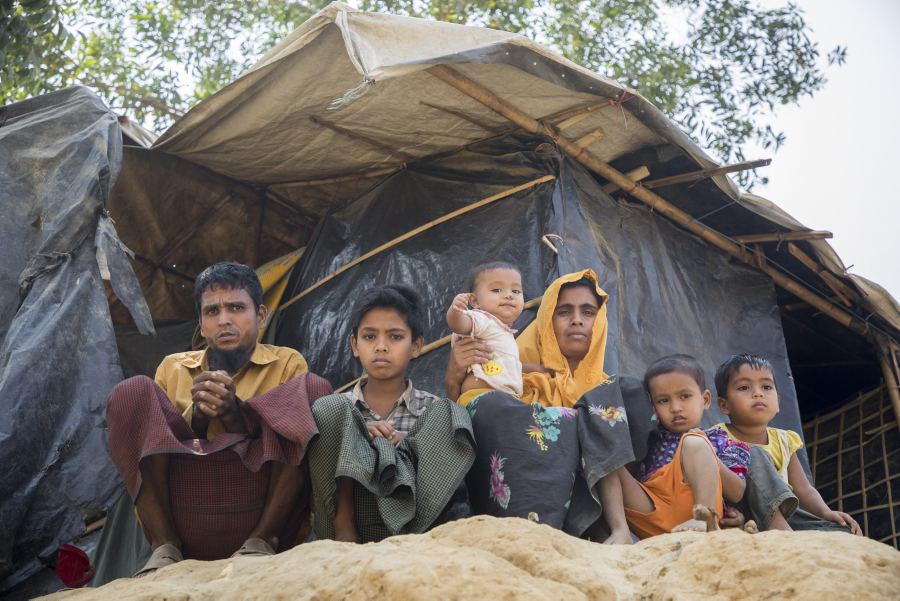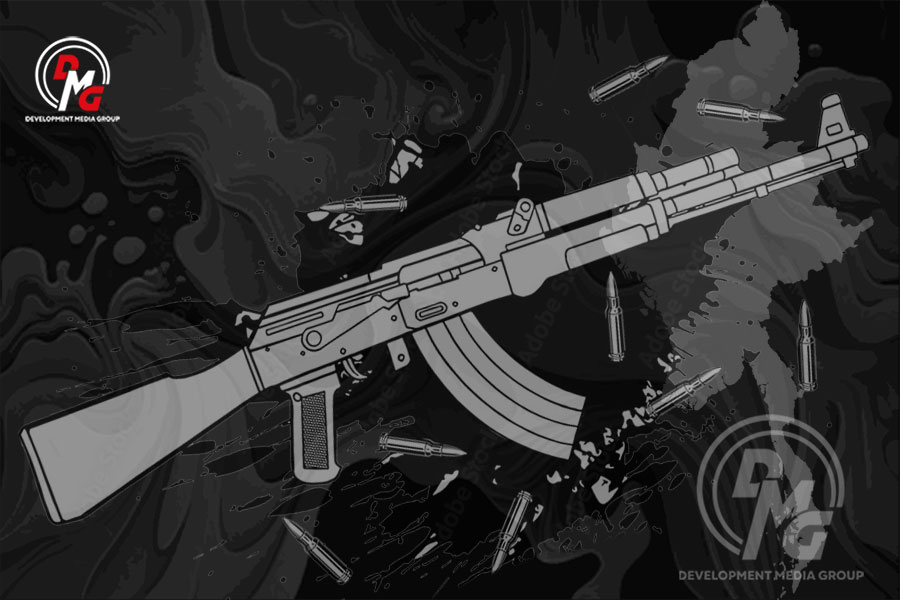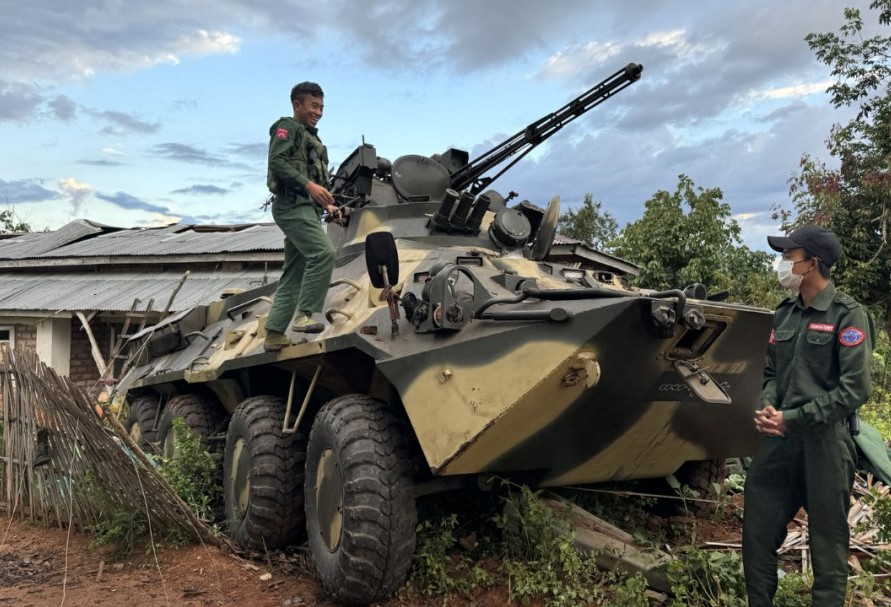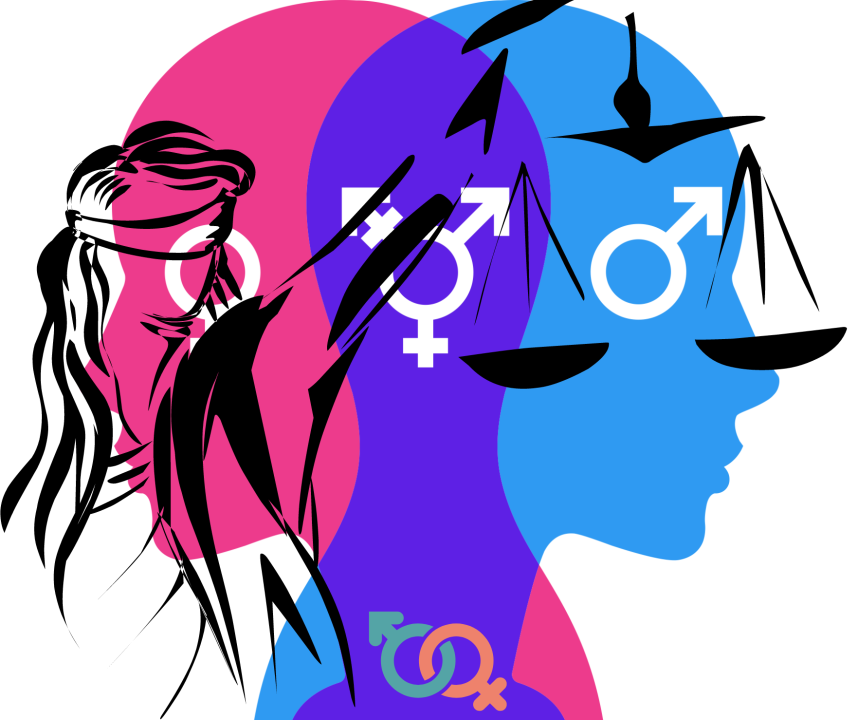Over half Arakan State’s population needs humanitarian assistance: UN agency
Of the estimated 2.4 million people in Arakan State, 1.5 million are in need of humanitarian assistance, according to the Myanmar Humanitarian Response Plan 2022 published by the UN Office for the Coordination of Humanitarian Affairs (UNOCHA) late last month.
02 Feb 2022
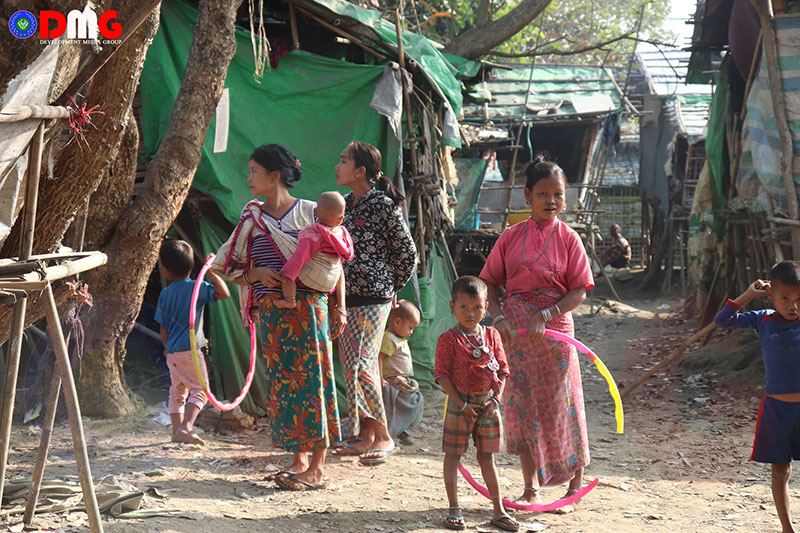
DMG Newsroom
2 February 2022, Sittwe
Of the estimated 2.4 million people in Arakan State, 1.5 million are in need of humanitarian assistance, according to the Myanmar Humanitarian Response Plan 2022 published by the UN Office for the Coordination of Humanitarian Affairs (UNOCHA) late last month.
In its Humanitarian Response Plan 2022, UNOCHA Myanmar said US$152.1 million will be needed to provide assistance to 1.1 million out of 1.5 million people in need in Arakan State.
UNOCHA Myanmar said it was working with 37 “operational partners” in Arakan State to carry out humanitarian works.
“Poverty [in Myanmar] is back to levels not seen since 2005, with almost half the population now unable to make ends meet,” said Ramanathan Balakrishnan, UN resident and humanitarian coordinator in Myanmar.
“Steep price hikes, combined with job and income losses, mean many families can no longer afford enough food to eat and are slipping into humanitarian need for the first time,” he added. “More than 13 million people are now in moderate or severe food insecurity as a result and the outlook for malnutrition is dire unless we intervene now. People are increasingly resorting to dangerous coping strategies to survive, leading to worsening protection risks.”
UNOCHA estimates that the number of people requiring humanitarian assistance across Myanmar will reach 14.4 million this year, with the UN aid agency requesting $826 million to meet that need.
“2021 has been a traumatic year for the people of Myanmar, characterized by unprecedented levels of human suffering,” Balakrishnan said. “Post the military takeover, so many of the impressive development gains the country has made over the past 15 years are now sadly under serious threat due to a combination of economic instability, Covid-19, escalating conflict, and a rapid and ever-increasing erosion of human rights.”

